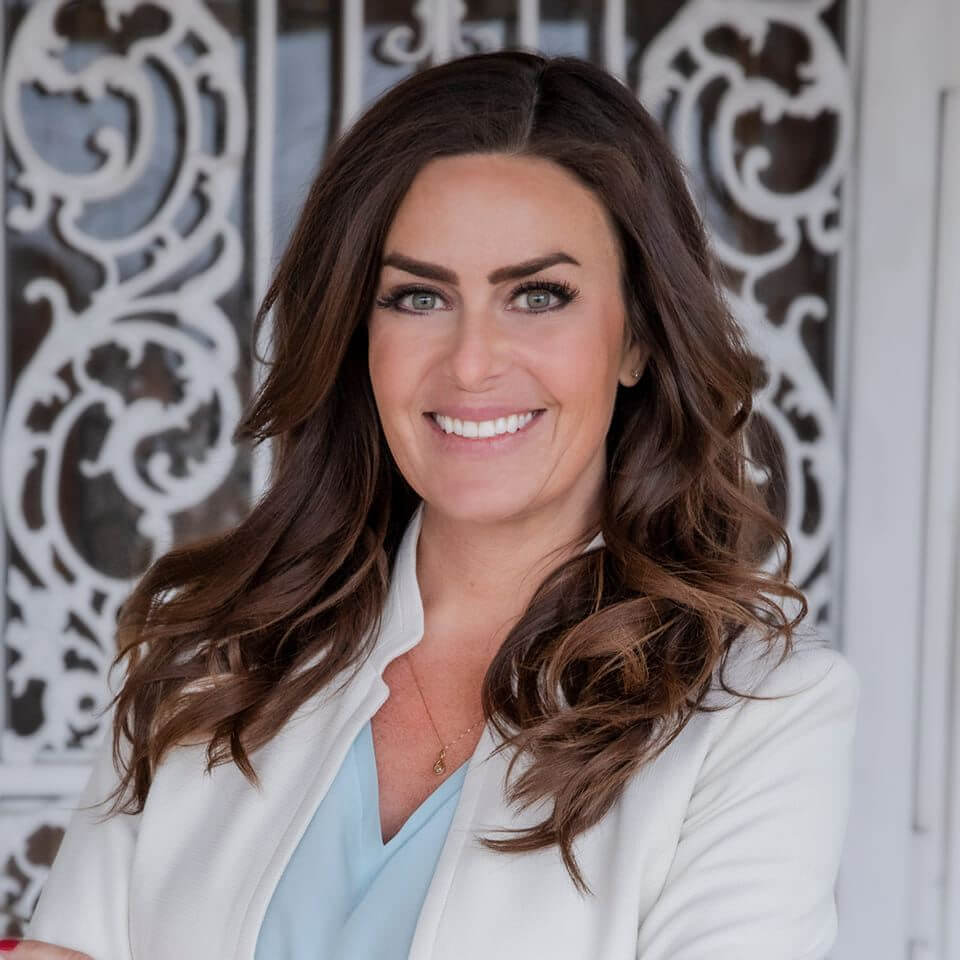Are you considering an estate plan, and/or a legacy gift to Our Lady of Peace? Rachel Schromen, estate planning attorney and owner of Schromen Law in St. Paul recently came to the Our Lady of Peace Hospice Residence to talk about estate planning. We put together this brief overview of her presentation for those of you who were unable to attend.
What is an estate?
An estate includes bank accounts, real estate, stocks/bonds, vehicles, jewelry, retirement accounts, pets, interest in assets (life insurance benefits, securities, dividends, etc.).
What is estate planning?
Estate planning is the process by which you specify how your money and other property should be managed during life, and after your death. It includes:
- Drawing up and finalizing documents to give legal force to your wishes
- Guardianship of Minors
- Heirs of Estate
- Health Care Agents/Attorneys in Fact
An estate plan often includes a Will/Trust, Health Care Directive, and Power of Attorney.
Who should consider an estate plan?
- Parents, single people, couples who are not married blended families, elderly people, and vulnerable adults
Why consider an estate plan?
- You want to provide for your minor children or a child with disabilities
- You want to make things simpler for your family
- You want to make sure someone is designated to care for your pet.
- Your wishes are not what the state law/probate court would do absent estate planning documents
Be aware of the impact of these situations:
- Divorce agreements may have terms that impact estate planning.
- Prenuptial agreements may impact estate planning regarding marital “interest”
What may happen if there is no estate plan?
- Probate
- Assets will pass by state statute
- A judge will ultimately determine guardianship of minors
- Potential Estate Tax Implications
- Dependent upon estate size – In 2024 Minnesota estate tax is applied to estates over $3 million
- Guardianship/Conservatorship
- During your life, if you are unable to manage your assets and/or unable to make your own medical decisions, guardianship and/or conservatorship proceedings may be required
What is a personal representative and a trustee?
- The person representative and/or trustee administers the estate/trust
- A personal representative (named in your Will) pays your debts and collects assets
- A trustee pays debts, collects assets, and administers a trust according to the terms of the trust.
- It’s important to name a responsible, trustworthy person for these positions
What is important to know about your assets?
- Taxable estate and/or potential tax issues
- Nature of your assets and how they will be passed on
- Beneficiary designations
- Real property
- Personal property
- How assets that are owned jointly with another person will be treated
Do you have a will?
- Ideal for estates with no tax issues
- Designates beneficiaries of estate
- Nominates Personal Representative(s)
- Name Guardian(s) of minor children
- Nominates Custodian to manage money for minors (UTMA)
- Likely an informal probate
- Can also have trusts established within it (“springing” trusts)
What is a Trust?
- Can include estate tax planning
- Provides for more control/protection of assets. For example, spacing out distributions to children
- Can avoid probate
- Relatively simpler administration
- Ideal approach for blended families
- Ideal for those who own property in multiple states
- Can address nuanced situations/concerns/goals
Who are your beneficiaries and what do you want them to receive?
- Who and what percentages and timing of distributions
- Backup to primary beneficiaries
- Charitable giving
- “Things” can be passed by written list, incorporated into Will – do not need to be specific
What is Power of Attorney?
- Allows you to appoint an “Attorney in Fact” to manage your finances
- Effective upon signing
- Can allow or prohibit gifting/self-dealing
- Can require accounting(s) to be made
- Without a Power of Attorney, your family may need to initiate guardianship/conservatorship proceedings
What is a Health Care Directive
- Allows you to name an agent to make medical decisions, on your behalf, should you be unable to make them yourself
- Artificial Life Support, Artificial Hydration/Nutrition
- Mental Health Care
- Burial Wishes
- Organ Donation
- Extra/Additional Wishes
- Absent a Health Care Directive, your family may need to initiate guardianship proceedings
Schromen Law, LLC is an Estate Planning and Elder Law firm located in St. Paul. They offer supportive and affordable legal services to help people navigate life transitions. For more information, go to SchromenLaw.com or call 651-571-2515.
